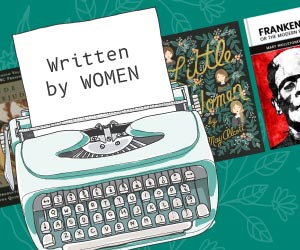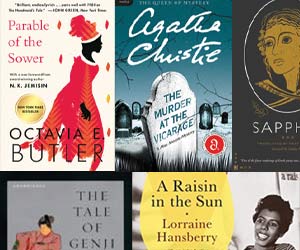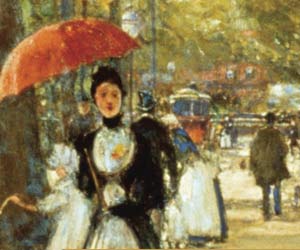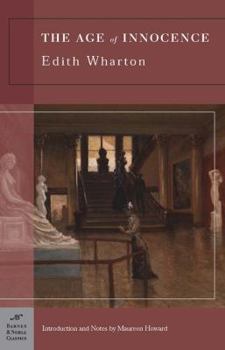The Age of Innocence (Barnes & Noble Classics Series)
(Part of the Colección Novelas Eternas RBA (#6) Series, a Series, and Colección Novelas Eternas RBA (#6) Series)
Select Format
Select Condition 
Book Overview
&&LDIV&&R&&LDIV&&R&&LI&&RAge of Innocence&&L/I&&R, by &&LB&&REdith Wharton&&L/B&&R, is part of the &&LI&&RBarnes & Noble Classics&&L/I&&R&&LI&&R &&L/I&&Rseries, which offers quality editions at affordable prices to the student and the general reader, including new scholarship, thoughtful design, and pages of carefully crafted extras. Here are some of the remarkable features of &&LI&&RBarnes & Noble Classics&&L/I&&R: &&LDIV&&RNew introductions...
Customer Reviews
Brilliant
Love, Loneliness, and the Strictures of Society.
Passion and the outsider
To Play The Game You Pay The Price
The Guide for Every Statesman
Not so innocent "Age"
The Age of Innocence Mentions in Our Blog

As long as there have been books, there have been women writers, but until the last few centuries, their voices were marginalized, discounted, and even silenced. Finally, this is changing. In celebration of Women's History Month, here are 21 time-honored classics by women who broke new ground and earned their spot in literary history.


As we kick off Women's History Month, we decided it's a good time to celebrate some notable women authors who made literary history. These eleven authors are just a handful of those who have paved the way for women writers.







